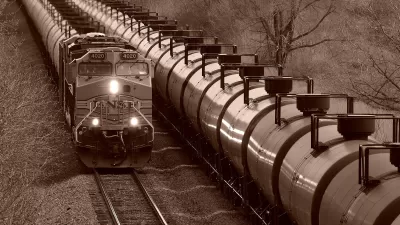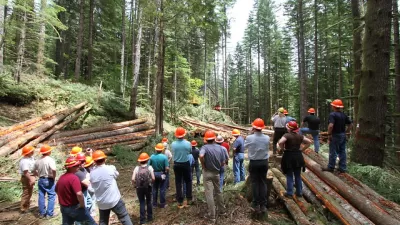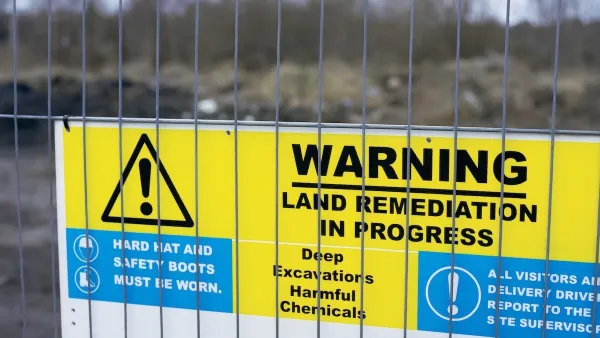Southern Resident orca numbers are distressingly low. The proposed budget would fund a number of measures to help the whales.

Governor Jay Inslee’s recently released proposed budget for Washington state includes $1.1 billion of funding for efforts to rescue the Southern Resident orca population, now down to just 74 whales.
Earlier this year, the governor convened a task force with members from public, private, and nonprofit organizations. "Some [Southern Resident Orca Task Force] members are calling the budget (which draws from the state’s transportation, capital and operating budgets) ‘unprecedented’ in terms of funding for not just orca and salmon recovery, but also for programs that protect the entire Puget Sound ecosystem," reports Hannah Weinberger.
The task force put together a report pointing to the most important actions needed to save the orcas, and members say that the governor’s budget hits on all these items. The greatest concern is helping the starving whales by increasing the number of salmon and the whales’ access to them. "Boosting chinook salmon — the Southern Residents’ preferred food — will require reversing the effects of habitat loss, hydropower and overfishing," says Weinberger.
In addition, the budget calls for a limit on vessel traffic in the area, including a three-year ban on Southern Resident whale watching, and removal of toxic chemicals in the orcas’ habitat.
Weinberger says that whale-watching operators are on board with the plan. More contentious is the possibility of breaching or removing dams on the Lower Snake River that make salmon migration difficult. The task force stressed the importance of involving communities that would be affected by dam removals in any future planning activities.
FULL STORY: The $1.1-billion orca plan could be a gamechanger

Maui's Vacation Rental Debate Turns Ugly
Verbal attacks, misinformation campaigns and fistfights plague a high-stakes debate to convert thousands of vacation rentals into long-term housing.

Planetizen Federal Action Tracker
A weekly monitor of how Trump’s orders and actions are impacting planners and planning in America.

San Francisco Suspends Traffic Calming Amidst Record Deaths
Citing “a challenging fiscal landscape,” the city will cease the program on the heels of 42 traffic deaths, including 24 pedestrians.

Defunct Pittsburgh Power Plant to Become Residential Tower
A decommissioned steam heat plant will be redeveloped into almost 100 affordable housing units.

Trump Prompts Restructuring of Transportation Research Board in “Unprecedented Overreach”
The TRB has eliminated more than half of its committees including those focused on climate, equity, and cities.

Amtrak Rolls Out New Orleans to Alabama “Mardi Gras” Train
The new service will operate morning and evening departures between Mobile and New Orleans.
Urban Design for Planners 1: Software Tools
This six-course series explores essential urban design concepts using open source software and equips planners with the tools they need to participate fully in the urban design process.
Planning for Universal Design
Learn the tools for implementing Universal Design in planning regulations.
Heyer Gruel & Associates PA
JM Goldson LLC
Custer County Colorado
City of Camden Redevelopment Agency
City of Astoria
Transportation Research & Education Center (TREC) at Portland State University
Jefferson Parish Government
Camden Redevelopment Agency
City of Claremont





























